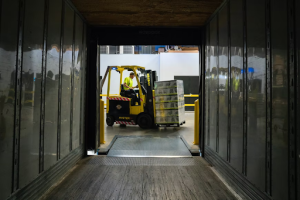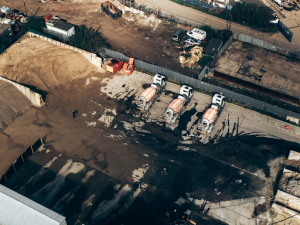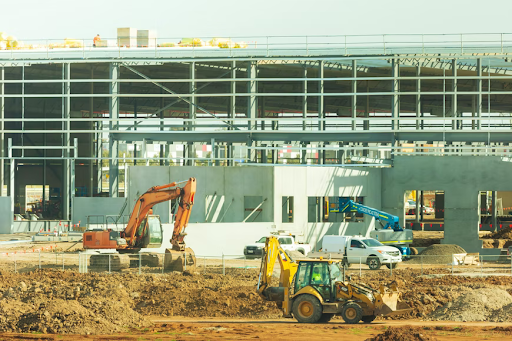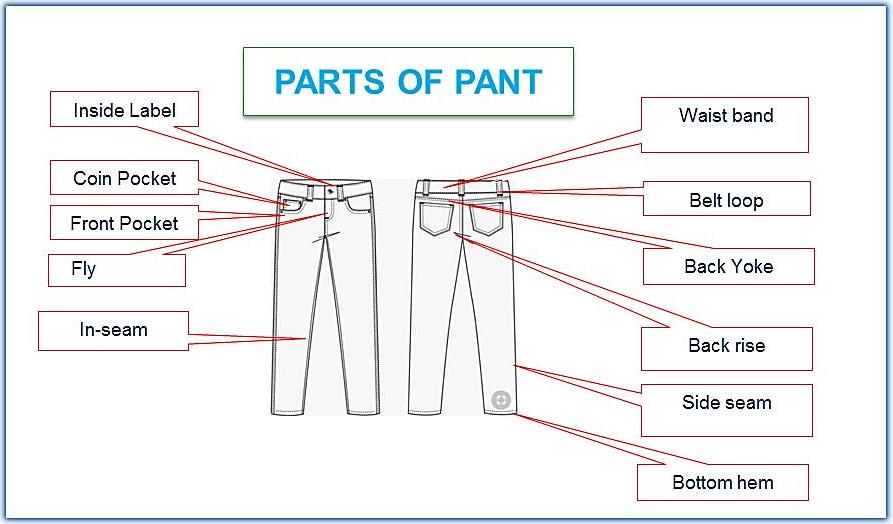To achieve effective operation of any civil worksite, it’s essential to use proper tools and equipment. Using and equipping the construction site with the right tools plays a vital role in achieving timely and good quality results, and meeting the specific needs of industrial construction sites.
Depending on the construction activities, and the nature of the required work, there is an optimal combination of tools, labor, and equipment. When the technical staff knows which industrial products and tools to use, the project will be completed with huge success.
While some equipment is multi-purpose, others are employed solely for their specialization. If you’re wondering what types of machinery there are, below we offer a mini-guide, showing you the five main categories of industrial construction equipment to use.
Earthmoving Equipment
Table of Contents
Before you can launch the construction, the worksite must be demolished and leveled, and excavated piles of rock and soil are then moved and compacted for a durable, even building surface. Earthmoving equipment is essential to how quickly you can prepare your site for the construction phase so choosing high-quality earthmoving machines should be your main focus.
They’re one of the most heavy-duty industrial construction equipment designed to dig, load, and move, along with other jobs. It’s no easy task to dig into the earth and therefore robust and reliable machinery is needed that will be heavy enough to defeat even the toughest terrain.
Some of the most common types of earthmoving heavy equipment for construction include excavators, dozers, loaders, graders, scrapers, tractors, and compactors. Regardless of whether you have a residential, commercial, or industrial construction project coming up, or even a massive roadwork, utility, or mining project, get the right earthmoving equipment to clear your worksite and complete your project effectively.
Transportation Equipment
A category of heavy construction tools that are often overlooked includes machines that execute the project’s logistics. The transportation equipment is important as it will bring your heavy-duty equipment and building supplies to the worksite. Hauling and unloading earth and waste also requires an adequate solution once your operation has started or finished.
It’s therefore indispensable to have reliable transportation equipment to execute extensive loading and hauling so that your project begins on time and stays on track.
Different types of transportation devices have unique capabilities as they serve different purposes. Remember that depending on the type of hauler, you may need a special permit to operate the vehicle on designated roadways. When you’re at the stage of planning the project’s logistics, consider transportation options such as dump trucks, articulated trucks, off-highway trucks, on-highway trucks, and utility and equipment trailers.
These types of transportation equipment will meet your specific on-site requirements, especially when you’re looking to transport your tools as efficiently as possible while maintaining their top quality.
Material-Handling Equipment

Regardless of what type of industrial project is being planned, material handling and hoisting equipment are necessary as it allows you to move supplies, tools, and other devices safely and smoothly across the worksite.
They’re specialized pieces of machinery that give you lift, load, and hoist capacity from the very ground to non-accessible areas. They have distinctive specializations and you might need to consider multiple models to move your materials efficiently.
Forklifts, aerial boom lifts, telehandlers, material handlers, and crane trucks are just some of the material-handling equipment that will make your job site tasks easier and safer and provide your technical staff with the ability to achieve great heights from a stabilized point.
Concrete Equipment

Almost all construction projects require concrete as it’s a very specialized segment of contracting, requiring the right tools, equipment, timing, and execution. Acquiring the essential tools at the right time is critical if you’re managing the cement phase of a project, meaning you should get your concrete equipment in advance. First, concrete supplies and materials need to be hauled and delivered to the worksite in preparation for mixing and pouring.
The size of the equipment varies but the most common types of tools you’ll need for concrete construction include concrete buckets, buggies, mixers, vibrators, concrete tools, saws, and trowels.
Equipment for Other Uses
As construction projects get bigger and the marketplace gets more competitive, you must have specialized tools for different construction phases to deliver the project on time and within budget. Highly specific jobs require miscellaneous tools and accessories so be sure to consider pneumatic tools, air compressors, and power generation equipment to improve your productivity and ensure a quality outcome.
Final Words
A project management team’s main responsibility is to ensure that the industrial construction equipment used in a project is safe and readily available when required for various work activities. The abovementioned types of equipment are the best when it comes to maintaining productivity and upholding ideal workflow.







